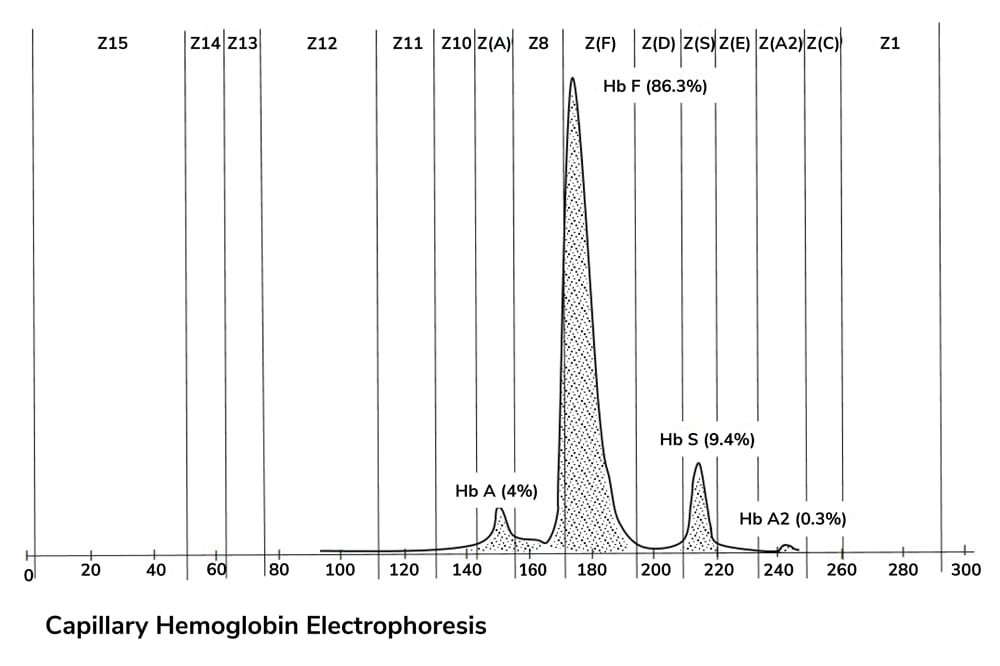
Hindsight is 20/20, the old adage says. In diagnostic research, we tend to look back and ask ourselves certain questions. Where should we have funneled resources? Should we have adopted any technologies sooner? What would we have changed if we’d had today’s knowledge? If the past few years have taught me anything, it’s that I wouldn’t change a thing.
In our fledgling days, my company and I set ourselves a goal that still stands today – to make working with T cells easier while maintaining the sensitivity required to obtain accurate, reproducible results. When we set that goal in 2002, as the first company in the world to bring a clinical test to market that measures individual T cells, we had no idea just how prescient it was. Now, in light of the COVID-19 pandemic, achieving it has never been more important for the scientific community.
T cells play a crucial role in orchestrating the immune response and destroying pathogens. For too long, they were overlooked in favor of their antibody cousins – but, in recent years, there has been a significant shift in focus. As our collective understanding of T cell responses to COVID-19 has developed, the leukocytes’ position on the scientific stage has changed along with it. This is because extensive research into the immune response to COVID-19 has demonstrated the limitations of antibodies even as we gain a greater understanding of T cells’ critical role in protecting us from disease.
Recent evidence has shown that measuring T cells can provide valuable information about a patient’s ability to mount an effective, durable immune response after natural infection or vaccination (1, 2, 3, 4). For example, T cell testing may offer a more robust analysis than serology tests when detecting adaptive immune responses to COVID-19 (5). Of course, serology is useful for detecting antibodies, but antibodies can weaken over time – and some individuals never develop them at all. Conversely, T cell testing is capable of identifying COVID-19-specific T cells in the majority of PCR-positive cases and can even detect individuals with negative serology test results (3). These virus-specific T cell responses may last longer than antibody responses, providing valuable information on the longevity of immune responses (6).
As our understanding of T cells’ role in the immune response develops, it’s clear that they are important to a number of clinical functions, such as dealing with viral or bacterial infections – including COVID-19 and tuberculosis. They also play a complex role in transplantation because they are necessary for fighting off infections, but can also be involved in transplant rejection. As such, laboratorians are starting to recognize the value of T cell testing for the diagnosis, prognosis, and monitoring of different clinical conditions – although mainstream clinical use has so far been limited.
The lack of widespread use cannot be chalked up to simple apathy. Interested researchers have consistently run into two major roadblocks: i) the lack of a sensitive method for measurement, because the necessary T cells can be extremely rare; and ii) the need for live cell samples. It should come as no surprise, then, that T cell tests have historically been challenging to perform in the lab. However, in the modern day, we have a unique opportunity to highlight T cell research and how it can help us in the fight against future pandemics and emerging variants of concern.
In hindsight, would more pre-pandemic T cell research have led to better outcomes? Perhaps, but it is imperative that we continue to invest in this testing – making it more sensitive, automated, and easier to run. Great potential lies before us; in my view, T cell use will only become more widespread from now on. Hindsight may be 20/20, but 2020 showed me I didn’t need hindsight – we had been on the right track all along.
References
- P Moss et al., “The T cell immune response against SARS-CoV-2,” Nat Immunol, 23, 186 (2022). PMID: 35105982.
- A Plüddeman, JK Aronson, “What is the role of T cells in COVID-19 infection? Why immunity is about more than antibodies” (2020). Available at: https://bit.ly/3NUUawM.
- T Sekine et al., “Robust T cell immunity in convalescent individuals with asymptomatic or mild COVID-19,” Cell, 183, 158 (2020). PMID: 32979941.
- A Angyal et al., “T-cell and antibody responses to first BNT162b2 vaccine dose in previously infected and SARS-CoV-2-naive UK health-care workers: a multicentre prospective cohort study,” Lancet Microbe, 3, e21 (2022). PMID: 34778853.
- N Le Bert et al., “SARS-CoV-2-specific T cell immunity in cases of COVID-19 and SARS, and uninfected controls,” Nature, 584, 457 (2020). PMID: 32668444.
- T Bilich et al., “T cell and antibody kinetics delineate SARS-CoV-2 peptides mediating long-term immune responses in COVID-19 convalescent individuals,” Sci Transl Med, 13, eabf7517 (2021). PMID: 33723016.




